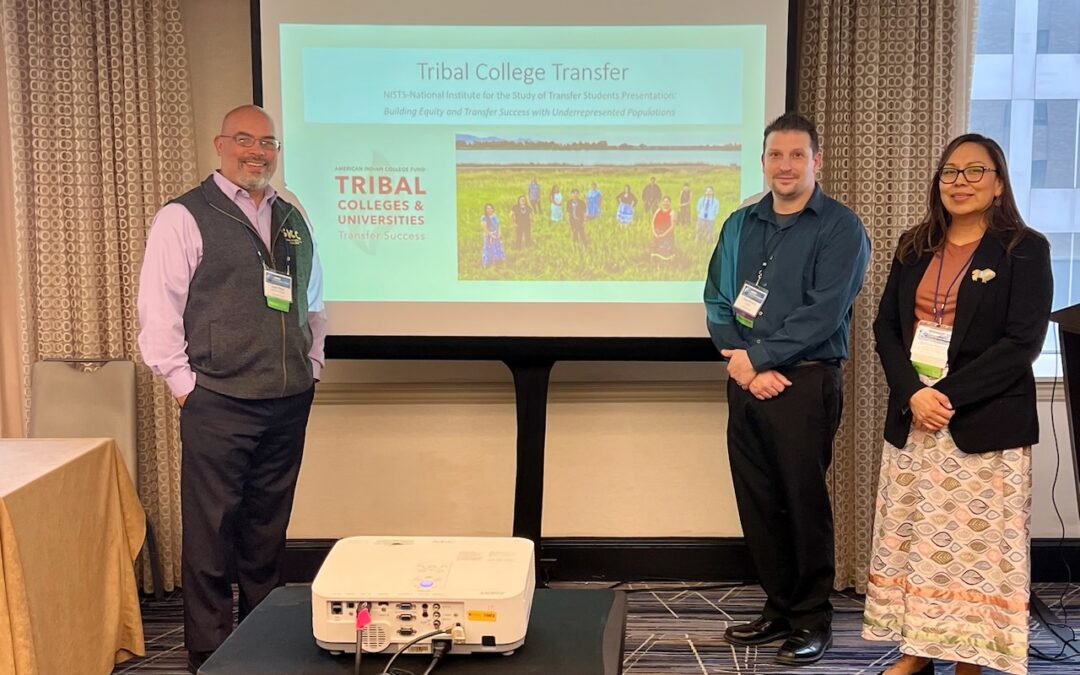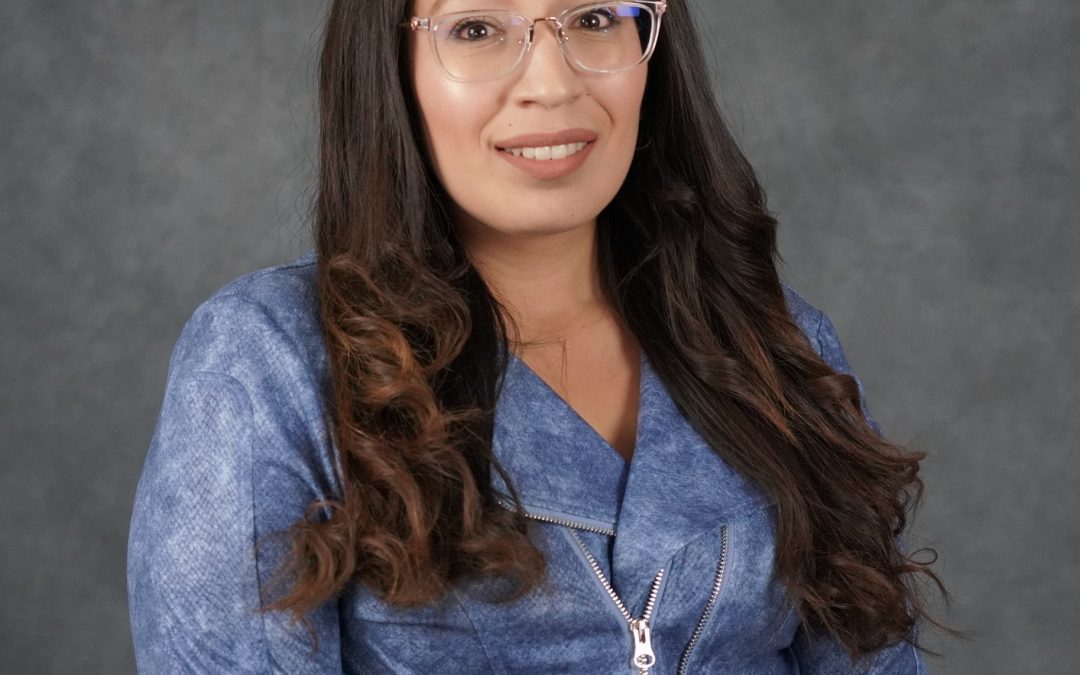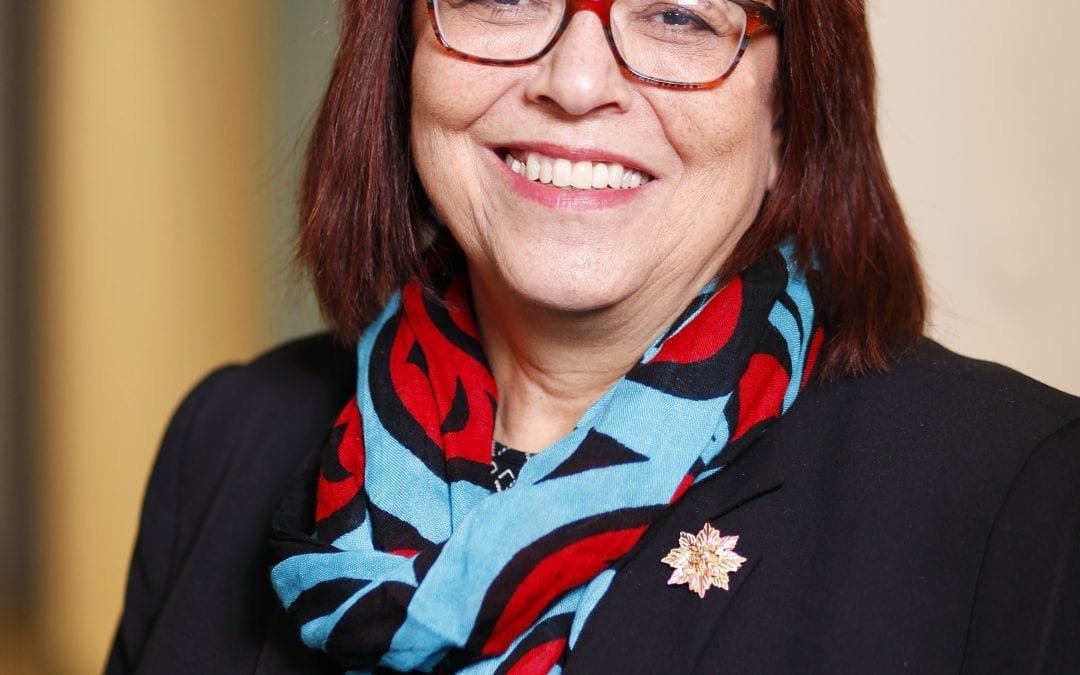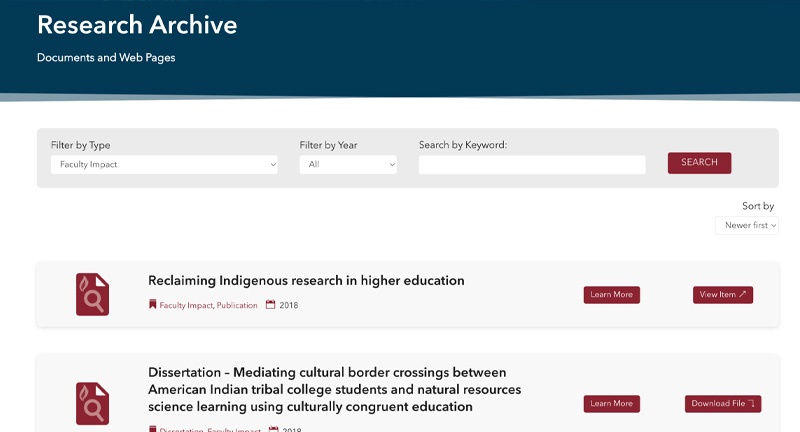As gas prices soar to over $4 a gallon, the costs are affecting everyone. But no one is hit harder than the nation’s poorest: American Indians. With 85% unemployment on many reservations and American Indians ranking as the poorest Americans in the U.S. Census Bureau survey, they are already at an economic disadvantage. But American Indians have another disadvantage: many live in remote rural locations, and traveling to school requires that they drive long distances to attend classes. As a result, an education that was once out of reach for many is even more so.
This is why supporting the American Indian College Fund is more important than ever. As prices soar, many talented and bright American Indian students will be forced to make the choice between an education and daily necessities. But with your support, these leaders of tomorrow will have the chance to continue their education and see their dreams realized.
I’d like to thank you for your support in the past and your continued support in the future.









